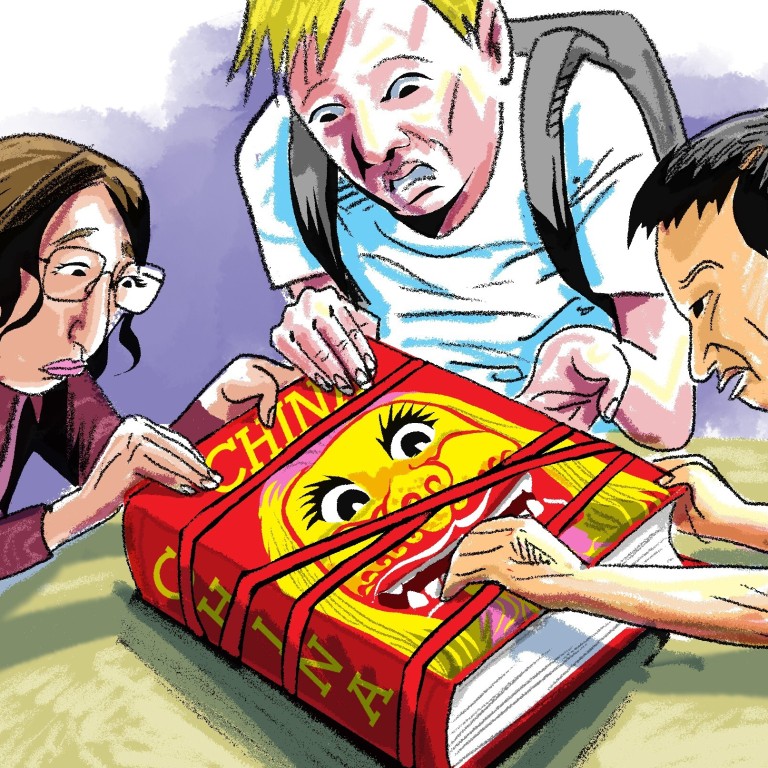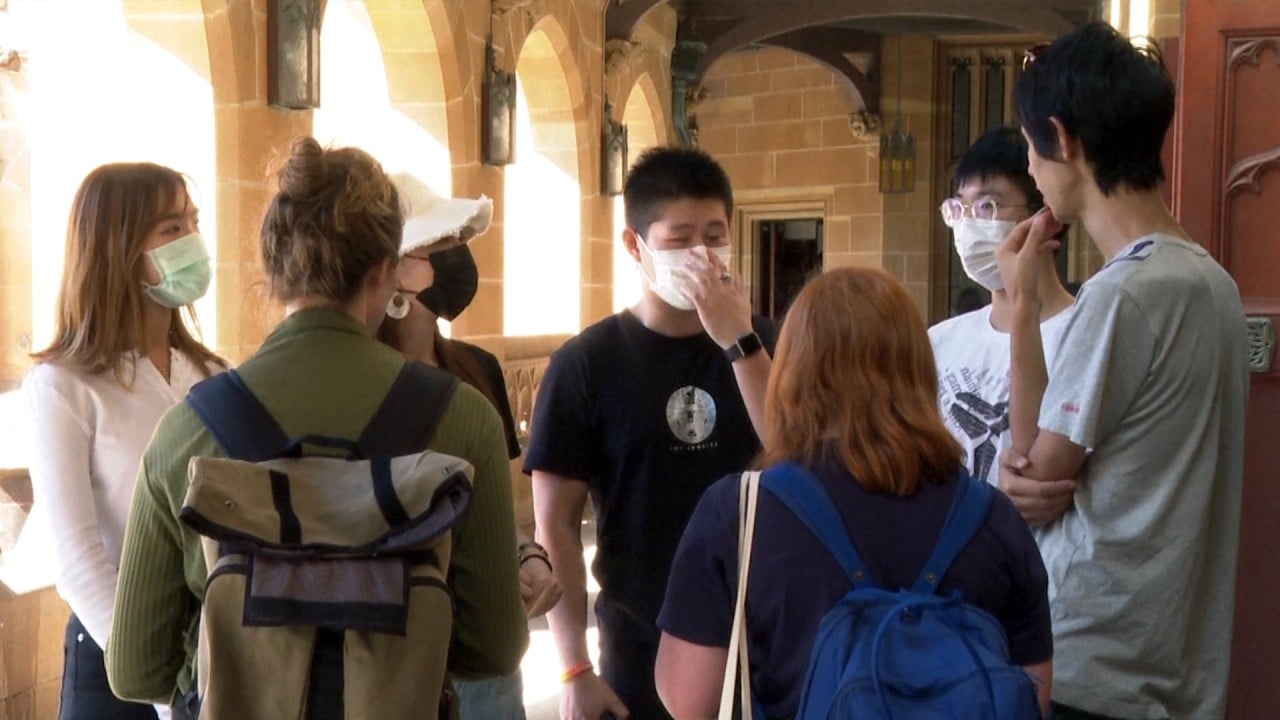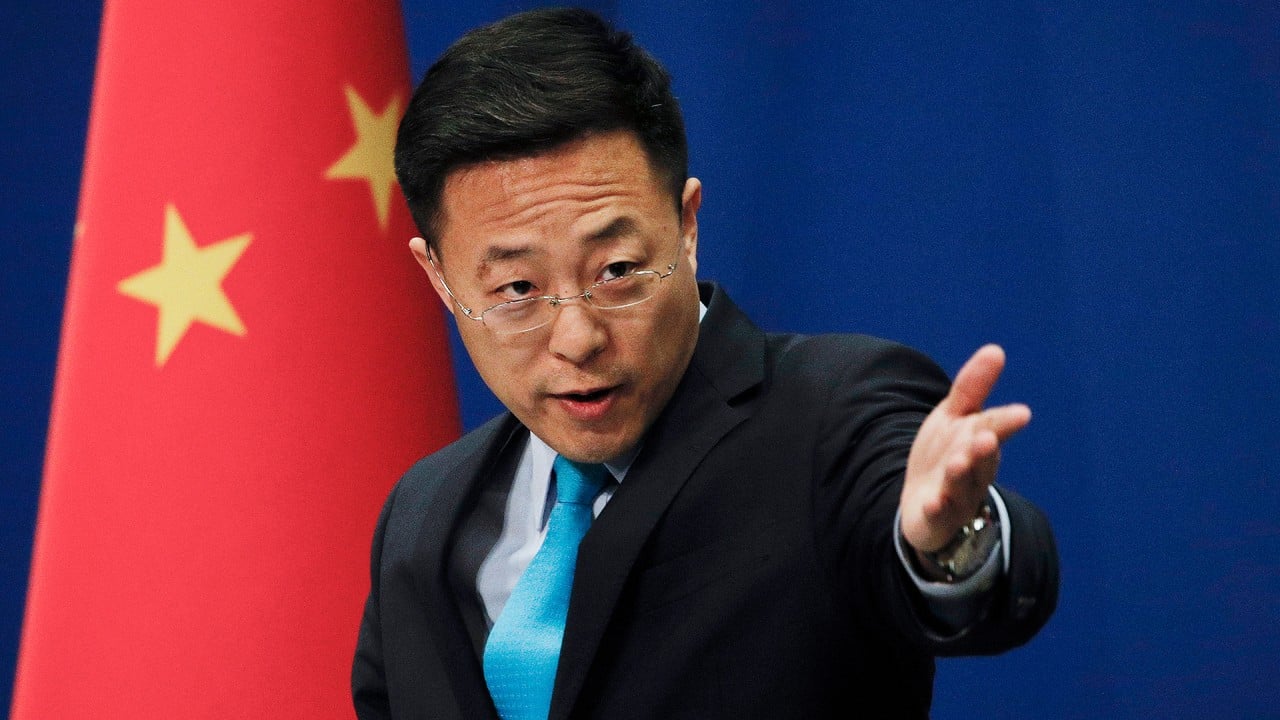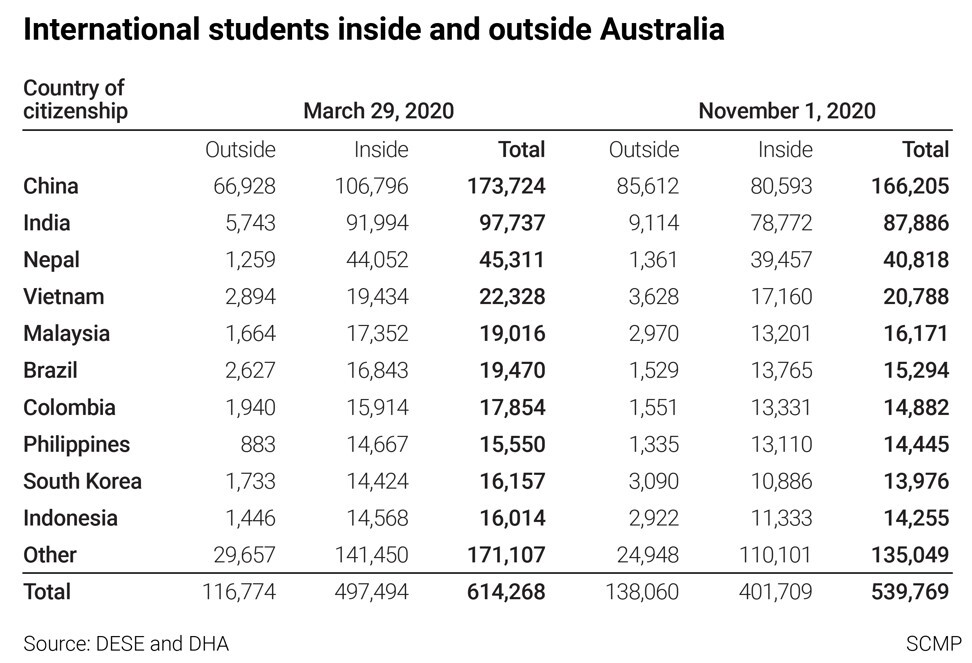
Covid-19 collateral: foreign students locked out of China deserve compassion and consistency
- Beijing’s strict policies and visa restrictions, as part of its war on Covid-19, have affected tens of thousands of international students hoping to begin or resume studies in China
- Online learning and other half measures will never replace the hands-on experience and cultural understanding that comes with studying in another country
Sadly, in every war, there is collateral damage. Too often, that includes everyday people struggling to carry on with their lives amid conflict and disruption. That has certainly been the case as China’s war on the coronavirus has interrupted tens of thousands of international students hoping to begin or resume studies in China.
Many are from elsewhere in Asia and have been unable to enter the country because of mainland Chinese student visa restrictions and policies that have prioritised returning business executives over students. The persistence of Covid-19 cases in China has further added to the uncertainty for international students.
According to the Institute of International Education, more than 5.3 million higher education students were studying abroad in the 2019 school year. The US, UK and China were the top three destinations then, including nearly 1.1 million studying in the US, followed by 496,570 in the UK and 492,185 in China.

02:31
Repatriation of over 1.4 million Chinese students stranded abroad by Covid-19 creates dilemma
For example, in South Asia, India has reported more than 11 million cases and 156,000 deaths while Pakistan has reported some 573,000 cases and 12,600 deaths. For Bangladesh, it is 543,000 cases and more than 8,300 deaths. Those numbers are a fraction of the US’ reported 28 million cases and 500,000 deaths.

01:55
Chinese foreign ministry spokesman claims US army brought coronavirus to Wuhan
Yet, unfettered by China’s own social media controls, many international students locked out of China and stranded abroad have taken to Twitter and other platforms to voice their anxiety and frustration with Chinese authorities.
According to a Twitter account under the name “China International Students”, a group calling itself the China International Students Union has been created. The group says it has attracted more than 13,000 international students who would otherwise be studying on campus at 200 universities in China. They have created an open letter to the Ministry of Foreign Affairs seeking clarity on a return date.
The reality is that for these and other students, online learning and other half measures that some Chinese universities have offered will never replace the hands-on experience and cultural understanding that comes with studying in person in another country. This is particularly true for laboratory and fieldwork, as well as medical residency programmes.

02:35
Angry Pakistani families demand return of students from coronavirus outbreak epicentre in China
There is, however, a short-term way forward that might at least help China retain some goodwill among disillusioned students. Chinese authorities should err on the side of greater communication and compassion to students whose lives and education have been disrupted by travel restrictions.
China’s approach must also include consistency and equal treatment of all international higher education students. No matter where they are from, all students seeking to begin or resume studies in China should be treated equally.
They, however, must recognise that this is less about China’s ability to change and more about its will to make a difference. As in so many other areas, making such a change would be to China’s own benefit as well.
Curtis S. Chin, a former US ambassador to the Asian Development Bank, is managing director of advisory firm RiverPeak Group and a long-time advocate for educational exchange. Follow him on Twitter at @CurtisSChin


